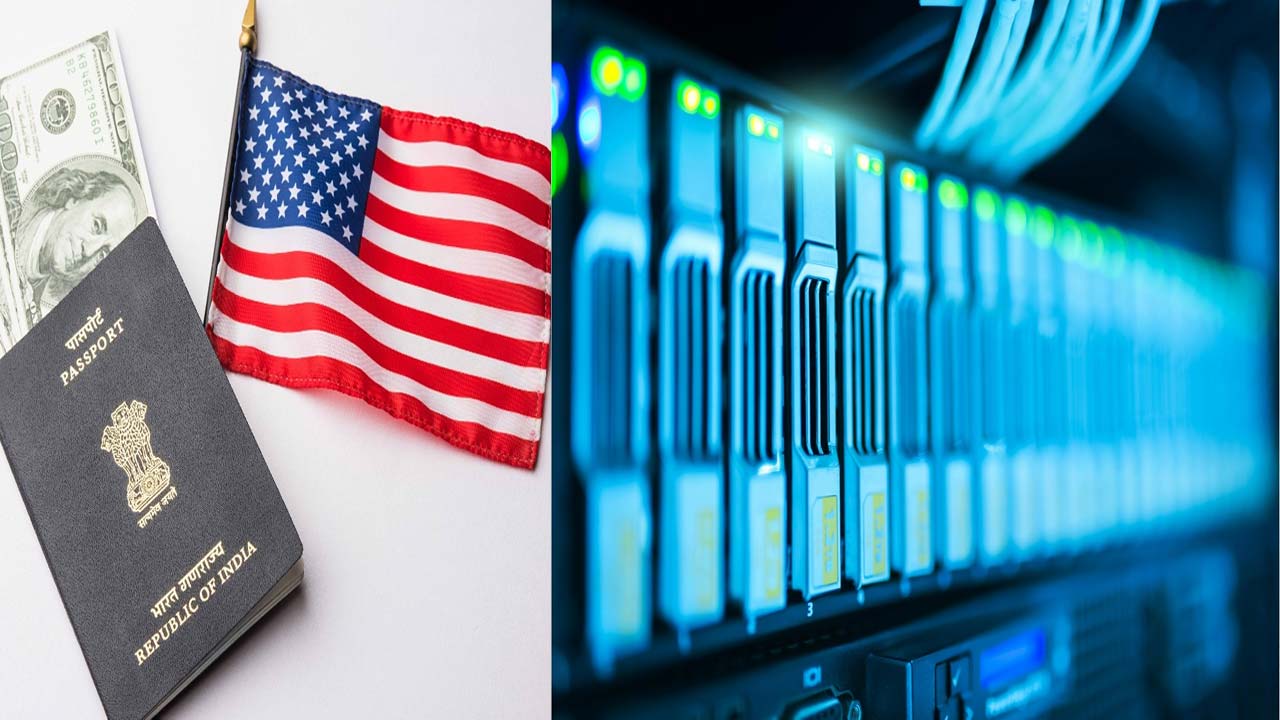
Indian IT companies are shifting their approach by prioritizing local US talent and increasing Green Card sponsorships for experienced professionals, marking a significant strategic pivot.
While major US companies like Amazon, Meta, Google, and Microsoft have ramped up their reliance on H-1B visas, Indian IT giants are moving in the opposite direction, reducing their dependence on these visas. An analysis by *Economic Times* reveals a substantial rise in H-1B visa use by US tech firms since 2016, with Amazon’s usage increasing by 478%, Meta’s by 244%, and Google’s by 137%. Conversely, Indian IT leaders such as TCS, Wipro, Infosys, and HCL have collectively decreased their H-1B usage by 56%.
Indian IT companies now emphasize building a sustainable talent pipeline in the US by supporting Green Card sponsorships and investing in local expertise. "US companies often need H-1B visas for specialized roles due to a shortage of domestic talent in fields like digital transformation, cloud computing, and AI," explains Vic Goel, managing partner at corporate immigration firm Goel & Anderson.
However, recent policy changes under President Donald Trump have raised concerns for H-1B and H-4 visa holders, as future amendments to the Immigration and Nationality Act could introduce country-specific quotas. Russell A. Stamets, a partner at Circle of Counsels, advises Indian companies to stay adaptable to US policy trends to mitigate challenges.
These potential policy changes could also lead to rising costs for employing foreign talent, with increased visa fees and higher wage standards for H-1B roles expected. During Trump’s prior term, H-1B applications faced more stringent scrutiny, with 34% requiring additional documentation, creating uncertainty for visa holders and their families, especially those on H-4 visas who risked losing work eligibility.
In response, Indian tech firms remain dedicated to fostering a robust US talent pipeline. Through Nasscom, the industry has invested $1.1 billion in STEM initiatives, partnering with over 130 US colleges and universities and upskilling around 255,000 employees. This has led to over 600,000 jobs across the US, highlighting India’s commitment to the American tech landscape amid evolving visa regulations.




















